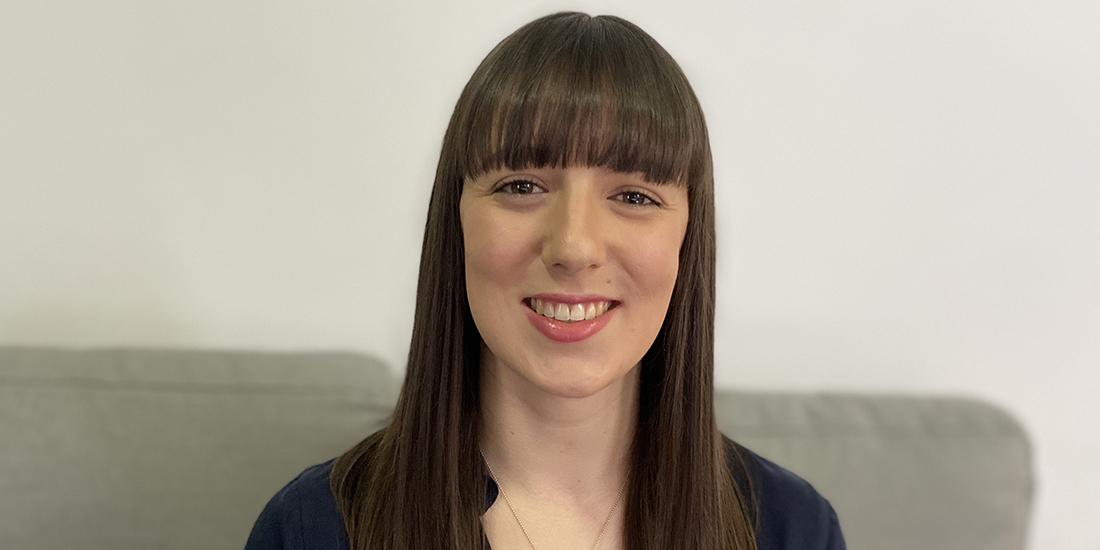
At the 2023 TheMHS conference in Adelaide today, Dr Stephanie Miles, an Orygen Research Fellow, received a prestigious Early Career Research Award for Excellence.
Dr Miles was honoured for her research that advances our understanding of cognitive flexibility and its relation to eating disorders.
Cognitive flexibility empowers individuals to adjust their thoughts and behaviours in response to environmental changes. It involves efficiently switching between tasks, perspectives, and problem-solving approaches.
Dr Miles said research suggests people with anorexia nervosa may experience poor cognitive flexibility.
“Cognitive inflexibility and rigidity are often observed in eating disorder behaviours such as calorie counting, rigid exercise routines, and rigidity around mealtimes or foods that are classified as ‘good’ or ‘bad’.
“It is suggested that impaired cognitive flexibility may contribute to the maintenance of eating disorders and treatment resistance.”
Dr Miles’s work suggests that people with anorexia nervosa may perceive themselves as rigid and inflexible.
“However, research on objective cognitive flexibility is not as clear.
“So far, studies have shown that individuals with anorexia nervosa might have trouble with certain types of flexible thinking, like tasks that involve visual and spatial abilities. However, they may have strengths in other areas of flexible thinking, such as tasks related to verbal abilities,” she said.
Understanding the connection between cognitive flexibility and anorexia nervosa holds potential implications for treatment approaches.
“How people see themselves in terms of their ability to think flexibly can affect their self-esteem and their belief in their ability to get better,” Dr Miles said.
“If someone believes they are inflexible, they might think they can't change and this can make it harder for them to participate in treatment and recover.
“However, more research is required to fully understand this relationship.”
Dr Miles is currently contributing to the development of a clinical and research registry for young people with eating disorders. The registry will collect longitudinal data from young people who seek treatment for an eating disorder at Orygen and be used to understand the factors that contribute to recovery.